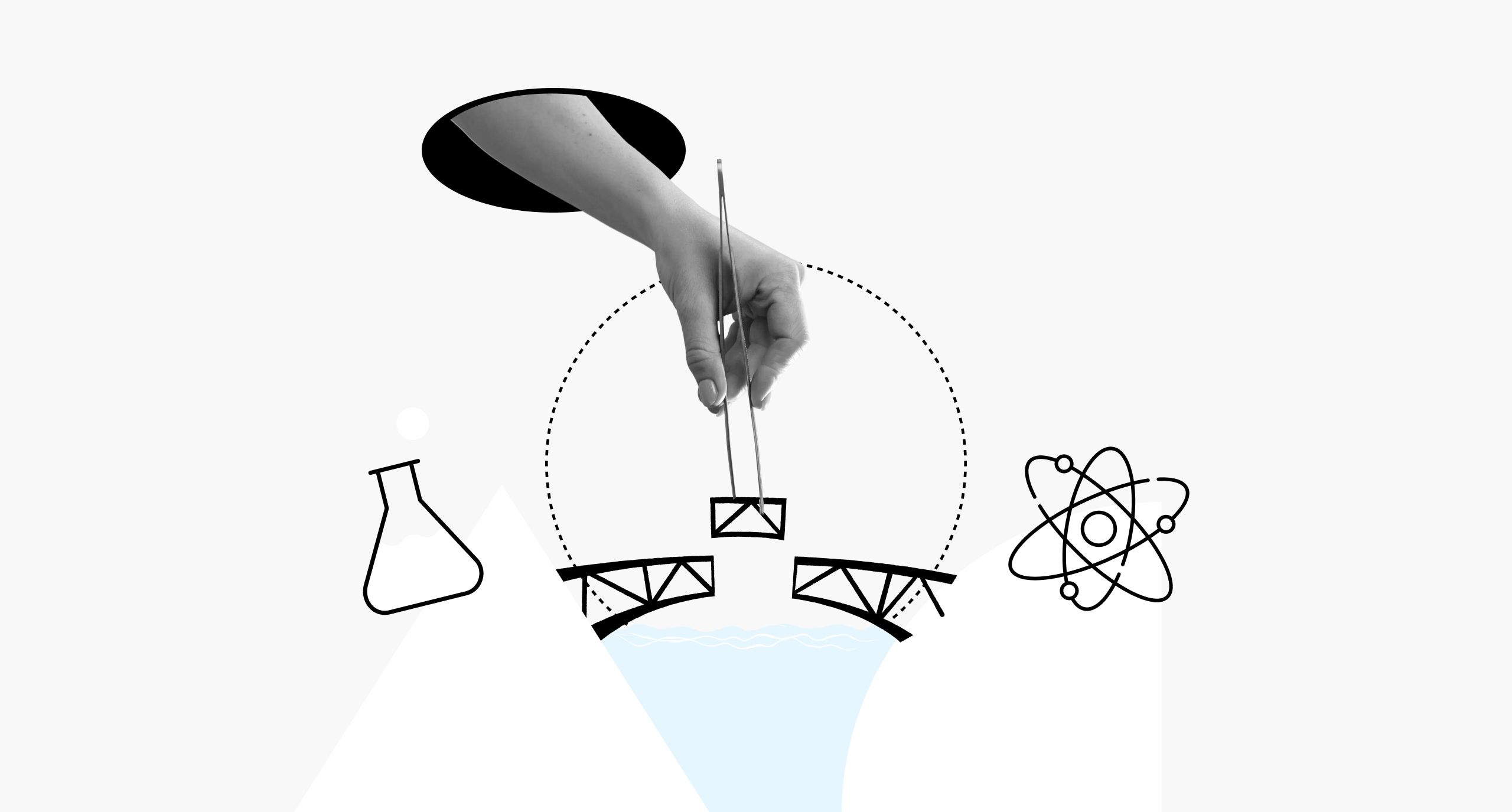When we speak, Emma Luisa Gehl is back in Frankfurt visiting family, between client work in Munich and workshops in Switzerland. Emma smiles at the mention of Madrid—she’d “love to be there again”—because that’s where her master’s year at IE Business School left its mark. Eight months into her role at Simon-Kucher, she’s already cycled through private equity due diligences, a US platform pricing redesign, and an industrial pricing overhaul. The throughline: real responsibility, fast.
A graduate of the Master in Management, Emma chose consulting over pure finance for a simple reason: “It’s about people.” The finance depth came anyway—Bloomberg Terminal, investments and portfolio analysis, advanced Excel—and now powers her work on the numbers behind strategy.
What’s it like working at Simon-Kucher?
In her first eight months, Emma has worked with four clients across three practices. Two were private equity due diligences—“short sprints of two to three weeks.” Another was in Software, Internet & Media, where her team rebuilt a platform’s pricing structure for a U.S. client. Right now she’s in Technology & Industrials, restructuring prices and discounts for a manufacturer in Switzerland.
“The approach depends,” she says. PE follows a strict due diligence structure. Elsewhere, teams blend firm methodologies with partner frameworks and client context. Even as a junior, she’s been trusted to present a sales training to 35 people. “It’s great that you get real responsibility early. You grow fast.”
Pressure varies by industry. PE is intense—“You have to be sharp and on point,” says Emma. With industrial clients, on-site workshops and repeated touchpoints build trust quickly. “They want our help and appreciate it. That makes the collaboration easier.”
How do you navigate different cultures on global projects?
Emma’s US platform project put most of the team stateside. The communication styles were different from her German base, but consultants, she says, “are adaptable.” The job is listening first, then flexing to the client’s needs. “You learn by doing—understand expectations, then adjust naturally.”
IE Business School was a live lab for that. Classrooms were highly diverse, and group work surfaced different expectations. “Some classmates aimed for top grades. Others already had roles in family firms and focused on the experience.” The result was an early lesson in cross-cultural teamwork.
As a group leader, Emma used 10-minute daily check-ins to align goals and keep work moving. “Communication and setting expectations are everything.” That discipline paid off during a standout project—extending Airbnb’s business model and pitching to invited investors. “We all had different ideas, but we made it work.”
How does the Master in Management help for a career in consulting?
Emma arrived with strong fundamentals—accounting, reading a balance sheet, solid Excel—but the finance specialization leveled her up. In Investments & Portfolio Analysis, the class worked hands-on in the Bloomberg Terminal, analyzing real portfolios with advanced techniques. “It was practical and immediately relevant.”
She also took an advanced Excel course focused on complex formulas and analytical methods. “Those skills are directly useful in consulting,” she says. “I use them every day.” The mix of technical rigor and case-based teaching gave her both range and speed.
The degree also shaped Emma’s starting point. At Simon-Kucher, Emma rejoined as a C2 (Consultant 2)—the entry level for master’s graduates—instead of C1. Promotion from C1 to C2 typically takes about a year. “The master’s made a difference—both for client work and where you start.”
Why work at Simon-Kucher?
We say rejoined, because Emma first worked at Simon-Kucher as an intern, during a time when the firm wasn’t hiring full-time. When recruitment reopened during Emma’s studies, she reapplied. “I sent my application in summer, interviewed in October, and started in March.” In between, she worked on projects with a student consultancy from her bachelor’s university to stay sharp.
During Emma’s time at IE Business School, she explored the wider consulting landscape. Firms like BCG, Bain, and Roland Berger visited campus, hosting presentations and networking sessions. “It was a great way to compare cultures and approaches,” Emma says. “They all do similar work, but the environment feels completely different.”
That contrast confirmed her choice. “I felt comfortable at Simon-Kucher,” she says. “The partners are approachable, you can just grab a coffee with them. It’s an open, supportive culture. Some other firms felt more hierarchical, but Simon-Kucher fits me better.”
How can studying a master’s degree improve your outlook?
During Emma’s bachelor’s university, good grades were hard-won. During her master’s degree, she excelled. “It validated that I’m good at what I do.” IE’s present-in-every-course culture turned that confidence into a habit. “I just delivered a presentation to 35 people and felt calm,” says Emma. “That repetition I had at IE really helps.”
Emma also built a network that continues to grow. “I met my best friends at IE—one’s in Paris, others across South America—and we’re still in touch all the time.” The personal side, she says, is inseparable from the professional one.
And beyond skill or network, there’s mindset. “IE made me more open-minded and empathetic,” Emma says. “You learn to understand how different people work—and that helps everywhere, not just in consulting.”
Why study the Master in Management at IE Business School?
For Emma, the Master in Management was about finding direction and depth at the same time. “Make the most of it,” she says. “The more you put in, the more you get out.” That attitude shaped how Emma led her projects, built friendships, and turned classroom theory into client impact. The program gave her space to explore who she was, sharpen her skills, and build the confidence that now defines her work in consulting.
That blend of professional growth and personal discovery is what makes the Master in Management unique. Designed for ambitious graduates and early professionals, the program helps you translate potential into performance—through teamwork, global exposure, and real-world challenges. It’s more than a degree; it’s a guided journey toward becoming your most employable, purpose-driven self. Every step—core modules, electives, and international exchanges—is crafted to align what you want to do with who you want to become.
At IE Business School, you’ll gain a 360º view of the business world in an environment built for exploration. Whether you come from business, engineering, or the humanities, the Master in Management gives you the structure, tools, and network to define your next move with clarity. You’ll graduate ready not just to launch a career, but to lead one—with the confidence, curiosity, and adaptability that shaped Emma’s own path from Madrid to Munich.
Study the Master in Management
Take your career to the next level with IE Business School.

Benjamin is the editor of Uncover IE. His writing is featured in the LAMDA Verse and Prose Anthology Vol. 19, The Primer and Moonflake Press. Benjamin provided translation for “FalseStuff: La Muerte de las Musas”, winner of Best Theatre Show at the Max Awards 2024.
Benjamin was shortlisted for the Bristol Old Vic Open Sessions 2016 and the Alpine Fellowship Writing Prize 2023.






